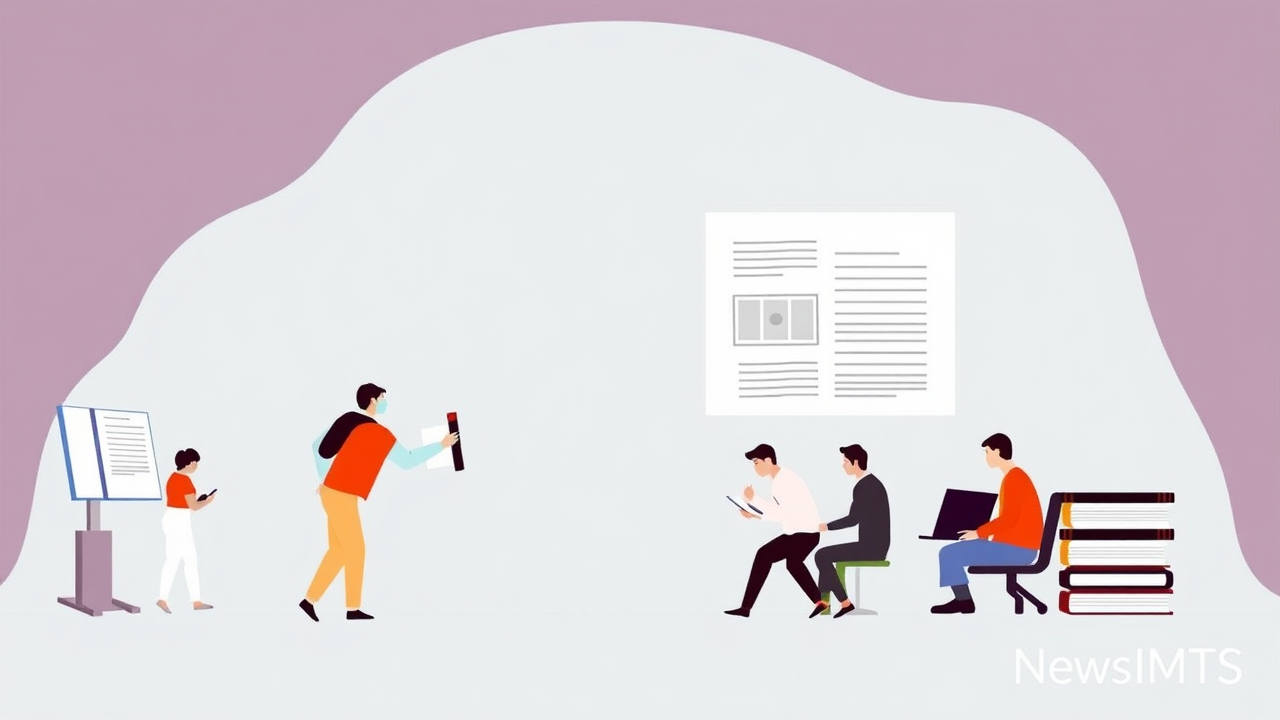 NewsIMTS
NewsIMTSSubscribe Now! Get features like 1. US cuts China tariffs as part of trade truce US President Donald Trump said on Thursday he had agreed with President Xi Jinping to trim tariffs on China in exchange for Beijing cracking down on the illicit fentanyl trade, resuming US soybean purchases, and keeping rare earths exports flowing. Trump’s face-to-face talks with Xi in the South Korean city of Busan, their first since this year, marked the finale of a whirlwind Asia trip on which he also touted trade breakthroughs with South Korea, Japan and Southeast Asian nations. The deal, according to Beijing, also included a US pledge to delay for a year a new measure — strongly opposed by China — to bar thousands of Chinese firms from receiving US technology if they are part owned by a sanctioned company. Trump said tariffs on Chinese imports would be cut to 47% from 57%, by halving to 10% the rate of tariffs related to trade in fentanyl precursor drugs. China agreed to pause export controls unveiled this month on rare earths, elements with vital roles in cars, planes and weapons that have become Beijing’s most potent source of leverage in its trade war with… (Updated 31 Oct 2025, 10:42 IST; source: link)
Understanding UPSC Daily News Summaries
UPSC Daily News Summaries provide essential current affairs updates for civil service exam aspirants. These summaries condense complex national and international developments into concise, exam-relevant points. They typically cover political events, government policies, economic developments, environmental issues, and significant social matters. Regular reading of these summaries helps candidates build a strong foundation of current affairs knowledge, which is crucial for the Prelims, Mains, and Interview stages of the UPSC examination. This note explains what it means for students, when the process starts, how to check updates, and what to do next in simple steps.
How to Effectively Use Current Affairs Updates
For UPSC preparation, daily news summaries should be read systematically. Start by understanding the basic facts of each news item, then analyze its significance and possible questions that could be asked. Make short notes focusing on the 'why' and 'how' aspects rather than just 'what' happened. Connect current affairs with static syllabus topics to develop a comprehensive understanding. Revise these summaries regularly, as UPSC often asks questions about events that occurred 6-12 months before the examination. This approach ensures better retention and application of current affairs knowledge.
Key Points
- Get features like 1.
- Trump said tariffs on Chinese imports would be cut to 47% from 57%, by halving to 10% the rate of tariffs related to trade in fentanyl precursor drugs.
- Trump’s face-to-face talks with Xi in the South Korean city of Busan, their first since this year, marked the finale of a whirlwind Asia trip on which he also touted trade breakthroughs with South Korea, Japan and Southeast Asian nations.
